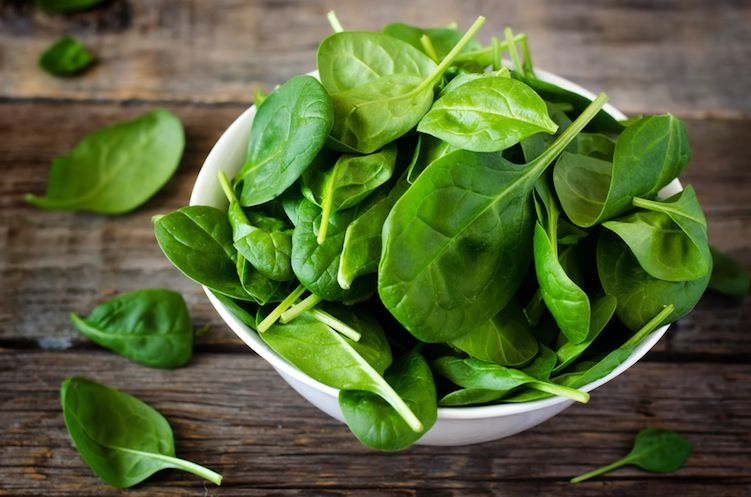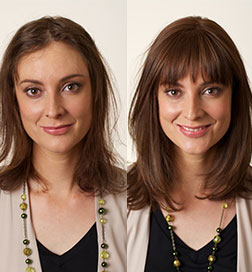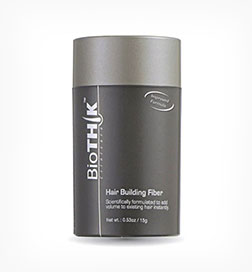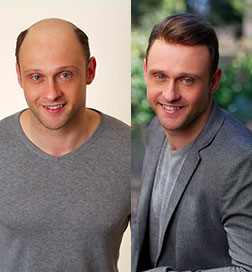
The relationship between iron levels and hair loss has been the cause of numerous medical studies. In fact, anaemia is one of the most common reasons for female hair loss.
If you suspect you may have iron deficiency, it’s important to seek medical advice immediately, rather than treat yourself through supplements – because high levels of iron can be toxic.
How do you know if you have iron deficiency?
Anyone can have iron deficiency, including men, however teenage girls and women are especially at risk. The causes include heavy blood loss during menstruation, pregnancy or inadequate nutrients.
You may experience symptoms such as fatigue, brittle nails, shortness of breath, an impaired immune system, pale skin and thinning hair.
If this is the case, your doctor can measure your iron levels with a series of tests. These include the amount of iron in your blood and how much iron your body is using from stored sources.
How does iron deficiency contribute to hair loss?
Hair loss as a result of iron deficiency is usually temporary and is referred to as telogen effluvium. This is an abnormality of the hair growth cycle, whereby excess shedding occurs because hair follicles are being forced out of their growing phase, on a continual basis. As your body requires sufficient nutrients to function properly, hair growth is one of the first processes to suffer when you’re nutrient deficient.
How can you avoid iron deficiency?
A great starting point is to increase your daily intake via your diet. Get into the habit of regularly incorporating some iron rich ingredients. These include leafy vegetables, tofu, red meat, chickpeas, chicken, rolled oats, brown rice, nuts, kidney beans, dark chocolate, oysters, dried fruits and broccoli. Combining iron-rich foods or supplements with vitamin C helps to increase your absorption.
It also pays to avoid foods that may inhibit iron absorption into your body, including coffee, milk, yogurt, cheese, tea and junk foods. Your doctor may prescribe an iron supplement to ensure your levels increase.
What are your options for thinning hair?
The good news is you can easily find a hair loss treatment to suit you while you recover from iron deficiency. Treatments include wigs, extensions, cosmetic hair thickener and hair transplants for more serious cases. A hair loss specialist can recommend the best choice, based on an individual evaluation of your condition.
Rest assured that, in the majority of cases, your hair will start to grow back once the imbalance is corrected through diet, supplements and procedures as advised by your doctor.




